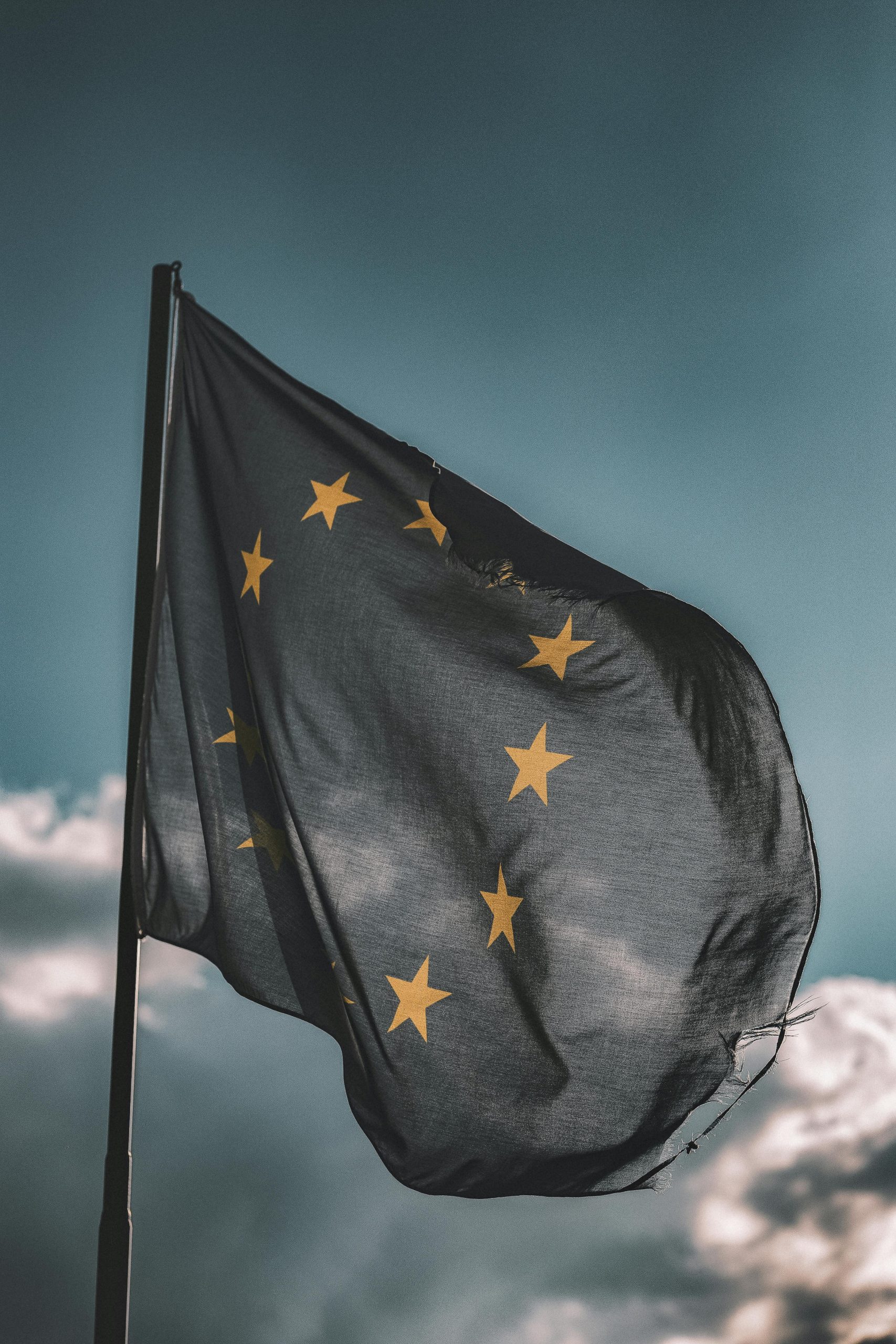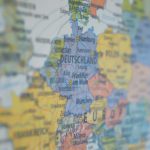Similar Ideas, Different Parties: the Fragmentation of the European Right Wing

Just a month after the Eurovision Song Contest, Europe can brace itself for its second continent-wide election of the year: the European Elections. On the 6th of June, which is now just two weeks away, millions of European citizens are once again allowed to vote in one of the biggest elections in the world. This year, the European democracy’s very own ‘bookmakers’, usually referred to as polling stations, predict a favourable outcome for Europe’s right wing parties. This probable result does not stand alone, as right wing politics seem to be on the rise for a while now in Europe. However, instead of a collective advance, the right wing front is quite dispersed.
The European Parliament is the only directly elected body of the European Union. Within the union it has a key role as it is tasked with, among other things, adopting legislation and electing the chair of the European Commission. Rather than based on nationality, fractions in the European Parliament are based on ideology. The seven parties currently in parliament include the Social-Democrats (S&D), Renew Europe, European Conservatives and Reformists (ECR), Identity and Democracy (ID), European People’s Party (EPP), the Left and the Greens.
Of these seven parties, three can typically be described as ‘conservative’, ‘right-wing’ or even ‘far-right’. These are the European People’s Party (EPP), European Conservatives and Reformists (ECR) and Identity and Democracy (ID), who are set to win a bunch of seats in parliament combined. The EPP, being more moderate, centre-right Christian conservatives, hosts parties such as the German CDU/CSU. ECR and ID, who are more extreme right-wing parties host names such as Georgia Meloni’s Fratelli D’Italia (ECR), Marine Le Pen’s Rassemblement Nationale (ID) and the German Alternative für Deutschland (ID).
While in public discourse the growing support for right-wing parties is often described as a uniform movement, these parties are far from coherent. For starters, the EPP, who are currently the biggest party in parliament, are hesitant to work together with both ID and the ECR because of their more radical stances towards migration, emancipation or climate change. On top of that, the perhaps most important figure in the EPP Ursula Von der Leyen is not on the best terms with Viktor Orban’s Fidesz (ECR), because of the infringement procedures launched against Hungary by the European Commission.
Furthermore, there is a stark divide between, and within, ID and the ECR when it comes to support for either Ukraine or Russia. Some of these group’s parties, like Fratelli d’Italia are right-wing but do not endorse Russian narratives and support aiding Ukraine, while others, like Fidesz, are obviously pro-Russian. In the past years, this has led to multiple occasions of public disagreement between both groups and even between parties within these groups, hindering their ability to present a coherent policy.
The ID group seems to be particularly subject to intra-group disconnectedness, and even blatant verbal fighting, as there is a major divide between two of the biggest players within ID: Rassemblement Nationale and Alternative für Deutschland.
Following a scandal involving party-members of Alternative für Deutschland attending a meeting about deportation of ‘non-germans’, Marine Le Pen openly distanced herself from the party. In turn, the AfD responded by criticising the Rassemblement Nationale.
More recently, AfD was ousted from the ID parliament group because of controversial words spoken by party figure Maximilian Krah, who said that ‘he does not judge SS-members integrally, he needs to know what they did before judging’.
The chances for Europe’s right-wing parties are looking better than ever these European Elections. However, it seems that this growth of right-wing politics in Europe is multipolar rather than unipolar. In the coming years, we will have to see if these parties are even able to translate their alleged future election victory into actual results, or if they will, like many others before them, get entangled in bickering and fighting.



